
Does Posting on Google My Business Help SEO?
Discover the impact of Google My Business posts on SEO! Boost rankings, visibility & drive traffic with our tips. 📈🔍
Should you be balancing your SEO strategy for the best results? It’s a question that many website owners ask, but few truly understand the answer. Balancing keyword research and on-page optimization with off-page tactics and technical considerations is essential for any successful SEO campaign. To help guide you through this process, we’ll be discussing five key aspects of balancing your SEO strategy: keyword research, on-page optimization, off-page optimization, technical considerations and monitoring results. So if you want to get better rankings for your website – keep reading.
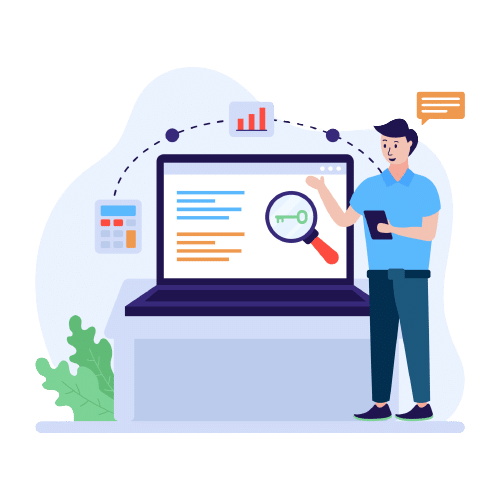
When it comes to keyword research, the first step is identifying relevant keywords. This involves researching what people are searching for and understanding how those terms relate to your business or website. For example, if you’re a pet store, you’ll want to focus on keywords related to pet supplies, such as “dog food” or “cat toys.” You can use tools like SEO Powersuite or SEM Rush to find potential keywords that have high search volume and low competition.
Once you’ve identified some relevant keywords, the next step is analyzing competition. This means looking at other websites ranking for those same terms and seeing how they optimize their content for SEO purposes. Take note of any common strategies they use – such as meta tags, internal linking structures, etc. – so that you can apply them in your own optimization efforts. Also, look at the quality of their content; does it provide value? Is it well-written? These are all factors that will affect your rankings in search engine results pages (SERPs).
Finally, don’t forget about long-tail keywords. Long-tail keywords are more specific phrases with lower search volumes but higher conversion rates because they tend to be more targeted towards buyers who already know what they’re looking for. For instance instead of targeting “pet supplies” which has a lot of competition try something like “organic cat food delivery” which has less competition but could still generate sales leads if optimized correctly.
By doing proper keyword research and taking into account both short-term and long-term goals when optimizing content around these terms, you will be able to get better rankings in SERPs while also driving organic traffic from highly qualified leads who are interested in what your website offers.
Key Takeaway: To achieve success in SEO, you must find keywords that are being searched and create content that will help answer their questions.
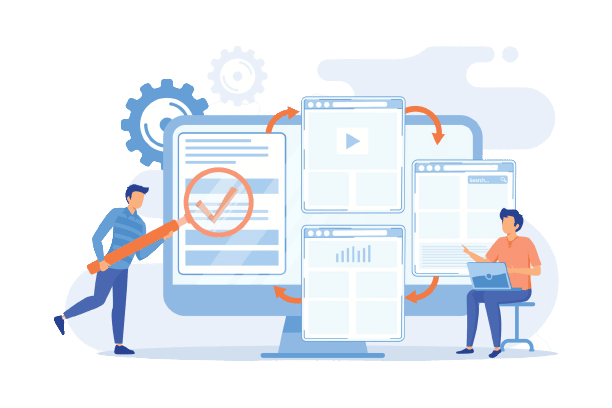
On-page optimization is essential for any website to achieve the best results from SEO. Crafting quality content, optimizing meta tags and titles, and implementing internal linking strategies are all key components of successful on-page optimization.
Writing high-quality content that is both informative and engaging is a must when it comes to on-page optimization. It should be well researched, relevant to your target audience, and optimized with keywords in mind. Additionally, you want to make sure that your content has a natural flow so readers can easily understand what you’re trying to communicate.
Meta tags provide search engines with information about your page such as its title, description, keywords used within the page’s content etc., which helps them determine how relevant it is for certain searches. Optimizing these tags will help ensure that they accurately reflect the contents of each page while also helping search engine crawlers index them properly.
Internal linking is an important part of on-page optimization as it allows users to navigate between different pages quickly and easily. Furthermore, contextual links within the body of text can help keep visitors engaged by providing them with additional information about topics mentioned in the article or post they’re reading. By including these internal links, you are also able to pass link juice between related pages or posts on your site which helps boost their rankings in SERPs (Search Engine Results Pages).
Now let’s move on to – Off-Page Optimization – where we will explore how to build quality backlinks, leverage social media platforms, and identify guest posting opportunities.
Key Takeaway: On-Page Optimization is an indispensable element of SEO, playing a major role in guaranteeing that your website and content are tailored to search engines.
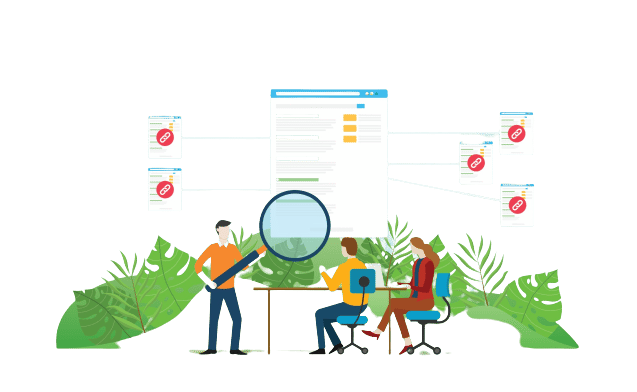
Off-page optimization is an essential part of any successful SEO strategy. Building quality backlinks, leveraging social media platforms, and taking advantage of guest posting opportunities are all great ways to increase visibility for your website and boost its rankings in search engine results pages (SERPs).
One way to improve off-page optimization is by building quality backlinks from other websites. This involves finding relevant websites that have a high domain authority score and then reaching out to them with a request for a link exchange or paid placement. It’s important to ensure the links you build are natural and not spammy as this can negatively affect your rankings.
Another effective way to optimize off-page SEO is by leveraging social media platforms such as Facebook, Twitter, Instagram, LinkedIn etc. You can employ these networks to advertise material associated with your website, thus assisting in bringing more visitors and boosting brand recognition. Additionally, it’s also possible to get valuable backlinks from popular social media sites if you post content regularly on them.
Guest posting is another great way of improving off-page optimization for your website or blog. You can reach out to bloggers in the same niche as yours who accept guest posts and offer them free content in exchange for a link back or promotion on their site/blog/social media accounts etc. This helps build relationships with influencers in the industry while also getting valuable links at the same time.
Now let’s look at the technical SEO considerations to ensure a well-rounded SEO strategy.
Key Takeaway: By properly utilizing off-page optimization techniques, such as building quality backlinks, leveraging social media platforms and guest posting opportunities, you can maximize your website’s visibility and reach.
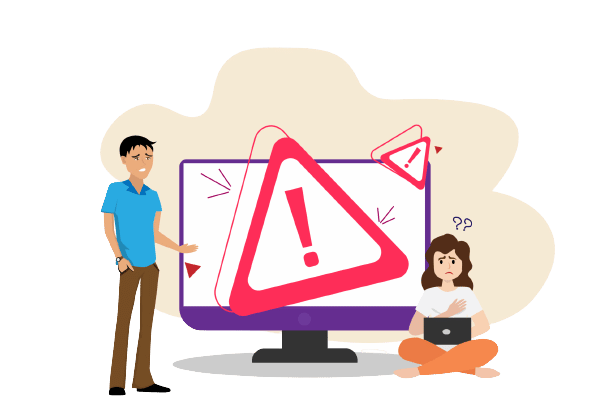
Technical SEO considerations are essential for any website looking to rank higher in search engine results pages (SERPs). Enhancing website loading speed through image optimization, code compression, and cutback of redirects can have a beneficial effect on SERP rankings as well as visitor contentment. Improving the loading time of your website by optimizing images, compressing code, and reducing redirects can help improve rankings as well as visitor satisfaction.
Mobile responsiveness and usability testing is also important when it comes to technical SEO. Ensuring your site is visually pleasing and functional on all gadgets is essential for providing a satisfactory user experience. This includes making sure that the layout works properly on mobile phones and tablets, ensuring clickable elements are large enough to be easily tapped or clicked with fingers, and checking if content reflows correctly when resizing windows or rotating screens.
Structured data markup implementation is another important aspect of technical SEO. Structured data helps search engines understand what type of content you’re offering so they can better index it in their databases. Adding structured data such as schema markups to your webpages will make them more visible in SERPs and increase the chances of appearing at the top of relevant searches, thus improving rankings and visibility.
To ensure the best results from your SEO efforts, technical considerations are an essential part of any strategy. Optimizing and testing your website can enable you to attain a comprehensive site that is both user-friendly and search engine optimized, making it simpler to observe and gauge progress as you advance with your campaign.
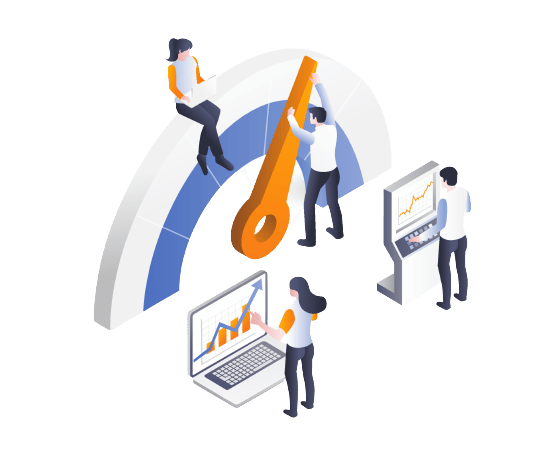
It is imperative to observe and quantify the outcomes of your SEO strategy in order to guarantee its effective implementation. Tracking rankings and traffic are two key elements for measuring success. Rankings denote the position of your website on SERPs when certain keywords are input, while tracking traffic looks into the number of visitors coming to your site from those SERPs. By monitoring these metrics over time, you can determine whether or not changes need to be made in order for your website remain competitive.
Analyzing user behavior is another important step in monitoring and measuring SEO results. This involves examining metrics such as bounce rate, duration of average sessions, page views per visit and more to gain insight into how people interact with the website’s content. Once the data is reviewed, any necessary modifications should be implemented to ensure a more enjoyable experience for visitors.
Key Takeaway: SEO success requires monitoring and measuring rankings, traffic, and user behavior to ensure website content is optimized for visitors.
Understanding the right keywords to target is essential for SEO success. This involves researching relevant topics, understanding user intent and finding related terms that can be used in content creation.
Ensuring that webpages are optimized with targeted keywords, meta tags, titles and descriptions will help search engines understand what your page is about and rank it accordingly.
Links from other websites pointing back to yours are an important factor in improving rankings as they act as a vote of confidence from other sources.
Creating high quality content regularly helps build trust with users and encourages them to share your website on social media or link back to it from their own sites which increases visibility online.
Improving the technical aspects of a website such as site speed, mobile optimization, structured data markup etc., can have a positive impact on rankings over time by making sure all pages are indexed correctly by search engines
1. Optimize your content for relevant keywords and phrases to ensure that search engines can easily identify the topics of your pages.
2. Ensure that your website is straightforward to traverse and has an organized arrangement, so visitors can rapidly find what they are searching for.
3. Utilize internal linking within your site to help guide users through related content and improve page rankings in SERPs (Search Engine Results Pages).
4. Use external links from authoritative websites to build trust with search engines and create quality backlinks for improved ranking signals.
5. Create unique titles, meta descriptions, headings, alt tags, etc., that accurately describe each page’s content while including targeted keywords where appropriate.
6. Ensure all images have descriptive file names and include relevant alt text when possible as this helps crawlers understand the context of the image better which may result in higher rankings on Google Images searches too.
7. Make sure your website is fast and secure, as page loading speed and security are important ranking factors for search engines.
8. Regularly monitor your website’s performance with tools like Google Search Console to identify any issues that may be affecting rankings or visibility in SERPs.
SEO checklist is a set of best practices that help website owners and content creators optimize their webpages for search engine visibility. It includes tasks such as researching relevant keywords, creating quality content, optimizing page titles and meta descriptions, using internal links to improve navigation, submitting sitemaps to search engines, monitoring backlinks and more. By adhering to an SEO checklist, you can guarantee that your website receives the notice it merits from search engines such as Google.
Before beginning any SEO project, it is important to do keyword research. This involves researching the terms and phrases that people are using when searching for your product or service online. Knowing what keywords to target can help you optimize your website’s content and structure in order to rank higher in search engine results pages (SERPs). Furthermore, by assessing how users engage with your website, you can uncover possibilities to enhance it. By devoting effort to comprehending user intentions and inclinations, it is possible to develop a more efficient SEO approach that will bring about superior results over the long haul.
When it comes to SEO, balancing your efforts is key. From keyword research and on-page optimization to off-page optimization and technical considerations, you need to make sure that all aspects of your SEO strategy are in balance for the best results. It’s important to remember that there is no one-size-fits-all approach when it comes to SEO.
Are you struggling to balance all the factors that go into SEO? Don’t worry, I’m here to help. If you’re looking for more sales and traffic, you’ve come to the right place!
Your one step away to more conversions and more money!

Discover the impact of Google My Business posts on SEO! Boost rankings, visibility & drive traffic with our tips. 📈🔍
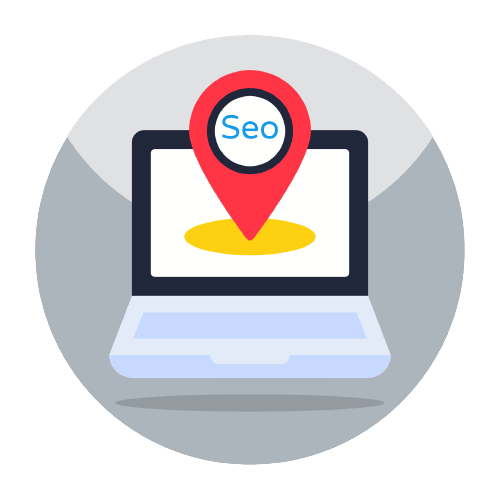
Don’t miss out on the opportunity to increase visibility and stand out from the competition. Learn why local SEO is so important and how to optimize your website for better rankings!

Are you looking for ways to make money doing SEO? It’s no secret that optimizing your website and utilizing the right strategies can be a lucrative venture. But how do you go about it?

Discover the top 5 reasons why your landing pages don’t convert and how to fix them. Learn the best SEO practices to optimize your pages and increase conversions.
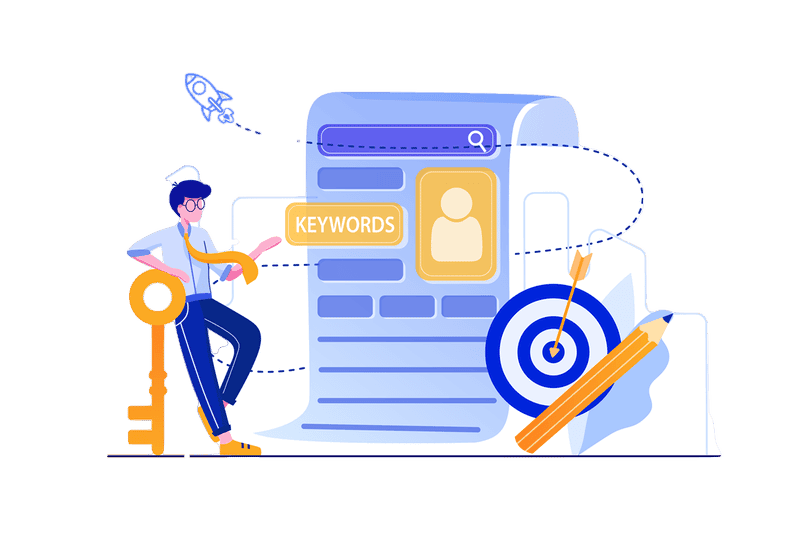
Discover the best SEO strategies to increase website traffic and get better rankings. Learn how to use keyword research, on-page optimization, and off-page optimization to maximize your SEO efforts and get results fast!
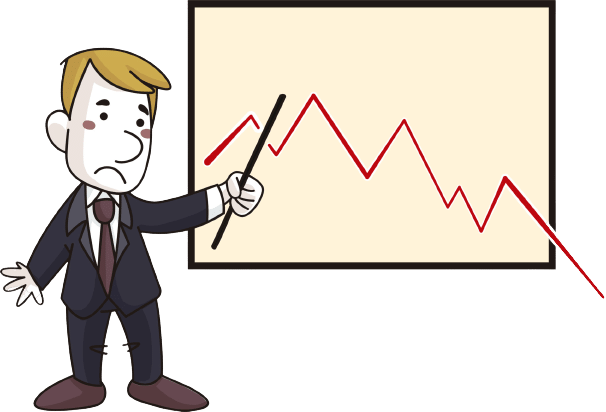
Discover if Google Sites is good for SEO and find out if there are better alternatives to get increase your SEO rankings!
ABOUT US
With over 10 years experience with SEO, PPC and web design, we know how to improve your website rankings and get more leads. Contact Casey's SEO today for a free quote.
Copyright © 2024 Casey’s SEO. All rights reserved.
| 80829 | 80831 | 80901 | 80902 | 80903 | 80904 | 80905 | 80906 | 80907 | 80908 | 80909 | 80910 | 80911 | 80912 | 80913 | 80914 | 80915 | 80916 | 80917 | 80918 | 80919 | 80920 | 80921 | 80922 | 80923 | 80924 | 80925 | 80926 | 80927 | 80928 | 80929 | 80930 | 80938 | 80939 | 80951 |